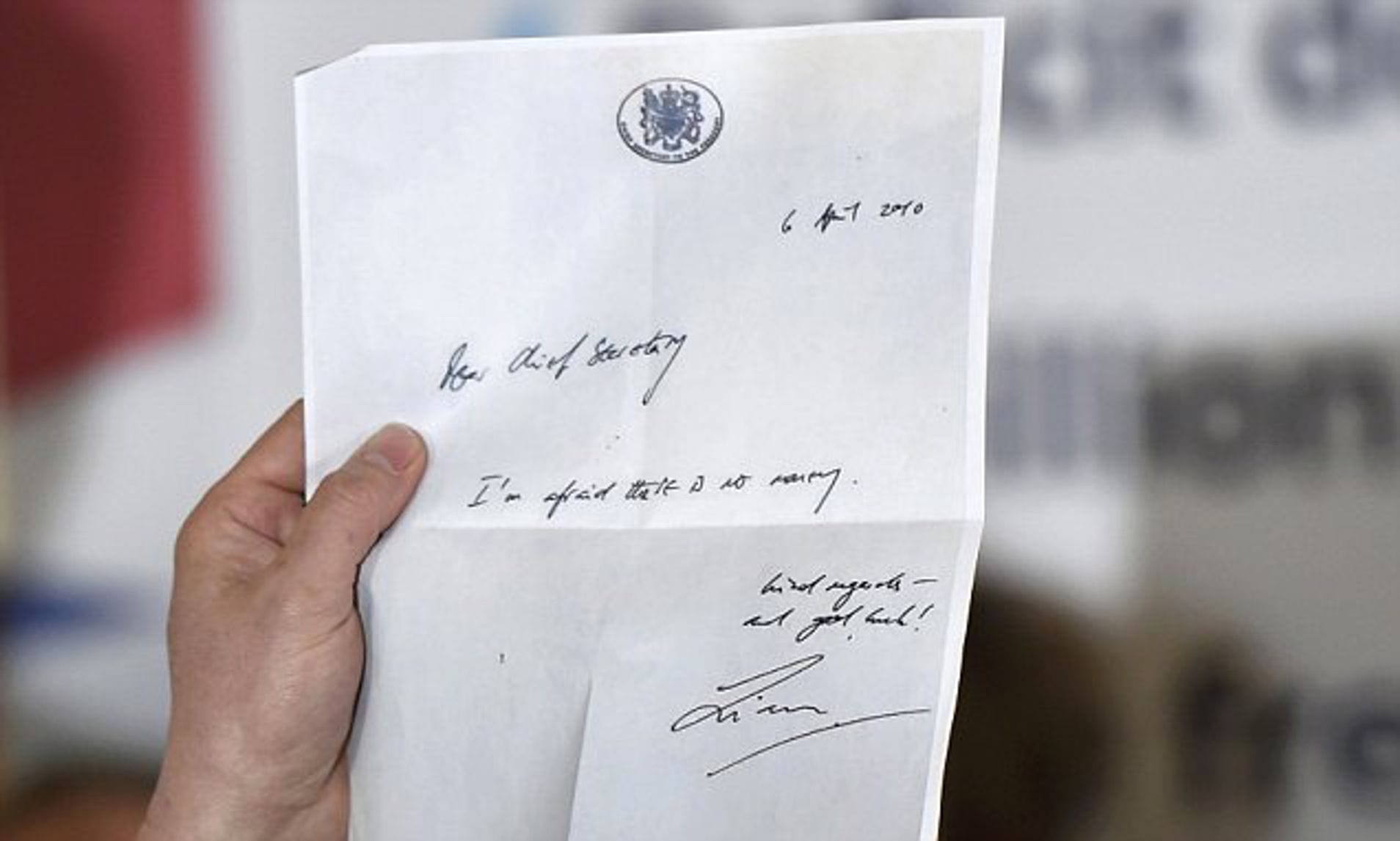I was in a coffee shop writing when I overheard a group of older people discussing a "friend" of theirs. The conversation I heard shocked me and, honestly, left me feeling a bit rubbish about myself. Why? Because these people were being judgemental and naive about the realities of living with a disability.
For clarity, I do not know who they were talking about, and I certainly don’t know them personally. But to me, that doesn’t matter; I am a fellow human being who’s capable of feeling genuine empathy towards others.
They spoke as if they knew this person well and implied they spent significant amounts of time together. So one could assume they were friends—and I certainly use that term lightly. Who needs enemies when you have friends like that?
Understanding PIP
Their conversation seemed to revolve around a UK welfare benefit called PIP (Personal Independence Payment). This disability benefit comprises two parts: daily living and mobility. Within each, a person can qualify for either a low or high rate.
I won’t delve into all the details, as it isn’t relevant for this post. If you want to learn more or see if you qualify (UK citizens only), you can check this link.
If a claimant receives the high rate for the mobility component of PIP, they're eligible for another scheme called Motability. This programme aims to help disabled individuals maintain independence by providing access to vehicles of their choice, including adaptations like wheelchair hoists and hand controls. Motability is funded directly by the high-rate mobility portion of PIP, with payments made monthly by the DWP to cover vehicle leases.
Now that you have some context, the conversation I overheard starts to make a little more sense. Unfortunately, though, it reflects a wider lack of understanding about the societal dynamics currently at play in the UK.
Societal Dynamics & Politics
To understand where these attitudes come from, it's important to consider the political landscape. Historically, the UK has had two main parties: one left-leaning, one right-leaning. (If these terms are confusing, you’re not alone—I even turned to AI for one-word descriptions to remain as neutral as possible in this post.)
| AI Model | Left | Right |
| ChatGPT | Progressive | Conservative |
| Gemini 2.0 Flash | Equality | Liberty |
| Claude 3.7 Sonnet | Egalitarian | Traditional |
| Claude 3.7 Reasoning | Collective | Individualist |
I wanted to stay apolitical in my writing, even though I have opinions about political actions. Politics, especially over the past 15 years, has become extremely divisive, both in the UK and other Western countries. By boiling descriptions down to a few words, I hope to make this more accessible for readers who may not care much for politics.
The key point is that each party has very different ideologies. From 1997 to 2010, the Labour Party was in power and introduced policies like the National Minimum Wage and Tax Credits to help protect workers and support low earners. When the Conservative Party took over in 2010, they implemented major austerity measures—cutting spending across almost all government departments except the NHS (National Health Service).
The Infamous Note
This wave of austerity was spurred by claims that Labour had overspent. Liam Byrne, the Labour Chief Secretary to the Treasury, even left a notorious note for his successor: "Dear Chief Secretary, I'm afraid there is no money left."

The Conservatives repeatedly referenced this note when criticising Labour's financial management.
Regardless of the politics, here’s where it ties back to my coffee shop experience: Right-wing rhetoric often frames benefit claimants as a burden, suggesting people are responsible for their own circumstances and don’t need outside help. While a few people may abuse the system, the vast majority genuinely need support.
The Role of Media
The rise of right-leaning government was accompanied by a surge in similarly aligned media coverage. Newspapers and TV began to focus heavily on "divides"—between benefit claimants and "hardworking" people. These narratives are powerful: they shape how we view others, even when facts suggest otherwise. For example, many receiving government support are actually working families, struggling despite full-time jobs.
This era saw the rise of reality-documentaries like "Benefit Street," which portrayed benefit claimants as lazy or involved in substance misuse. These sensationalised depictions misrepresented reality and created damaging stereotypes.
Soon, the focus shifted to disability benefits. Those on PIP or similar support found themselves subject to negative portrayals, their legitimacy and need for help questioned. The combination of divisive government rhetoric and misleading media fueled public suspicion and stigmatisation, making it ever harder for vulnerable people to be seen with dignity and empathy.
These characterisations—branding disabled recipients "work-shy" or "swinging the lead" (faking their condition)—have a long, harmful history. They not only misrepresent individuals but also reinforce stigma and increase social isolation. This facilitated largely unopposed backing for austerity measures and additional limitations on benefits.
The ripple effects are real: sensationalist journalism deepened the "us vs. them" divide, made life harder for people seeking disability support, and caused genuine psychological harm. Many suffered increased anxiety, worried about being scrutinised, and hesitated to claim much-needed help.
Returning to the Coffee Shop
All of these forces echoed in the comments I overheard a few days ago. Hearing people so ready to judge someone who received a Motability vehicle—it’s important to stress these aren’t easy benefits to get, often requiring face-to-face interviews and detailed medical evidence—reminded me how deeply these views take root.
Is Humanity Broken?
That visit left me pondering: Have we lost our empathy? Our capacity for understanding and compassion? Don’t we want to see others thrive, however that looks to them?
I’d be lying if I said this didn’t affect me. It made me question my own entitlements and wonder if I’m seen as a burden. The feelings lingered for days until I realised that despite my health challenges, I still value care, empathy, and love. These qualities are of paramount importance. Most people truly are doing their best to improve their lives.
Comparison serves no one; we each travel our own path. Sometimes, I think about whether I should have spoken up. But experience—and my health—tell me that the confrontation and stress wouldn’t have changed their minds, and the toll on my body simply isn’t worth it.


Subscriber Discussion